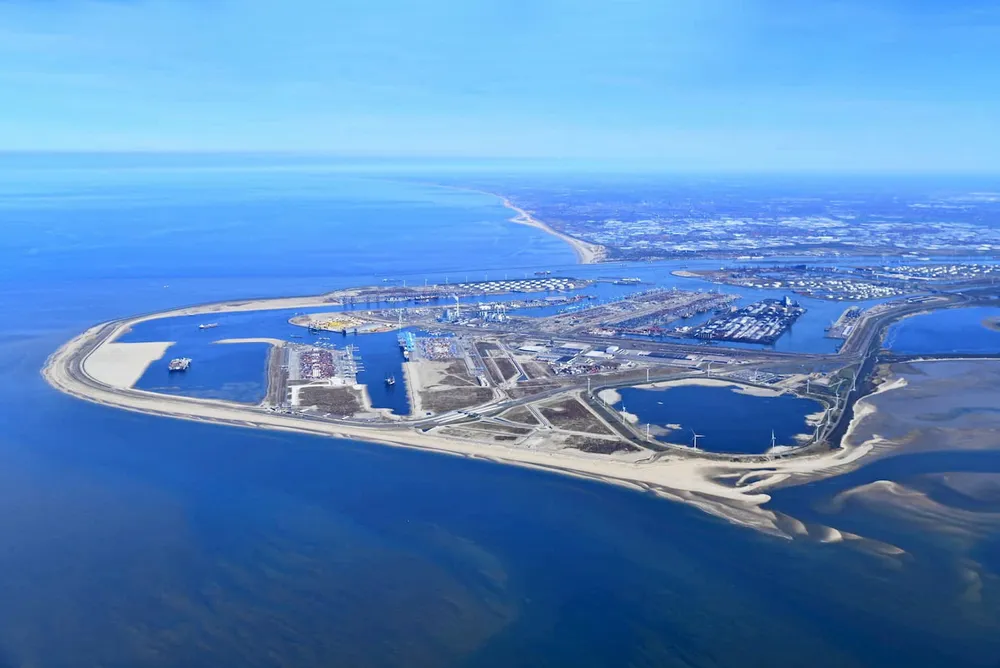Europe’s first national hydrogen pipeline network to start construction this month
The first 30km stretch of pipelines linking the Port of Rotterdam to a nearby industrial hub is set to start operations in 2025, with extension into rest of Europe from 2030
